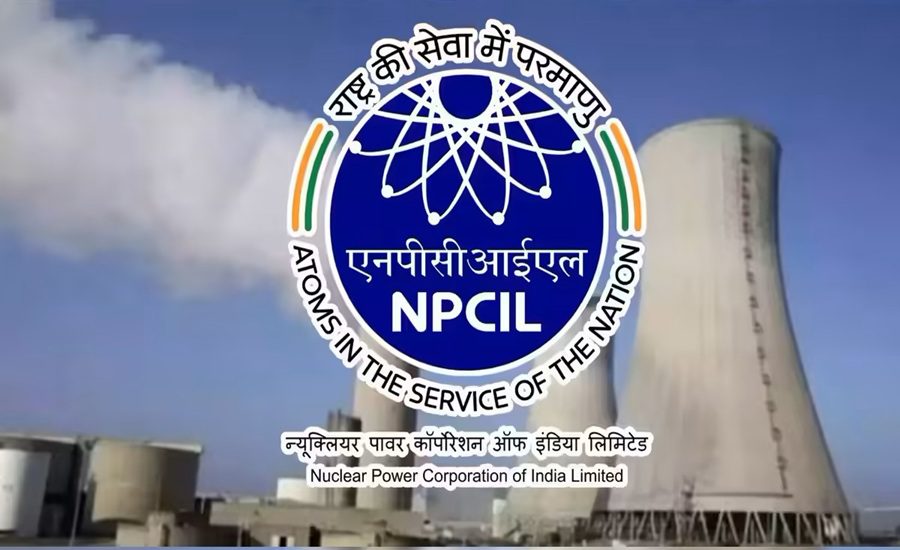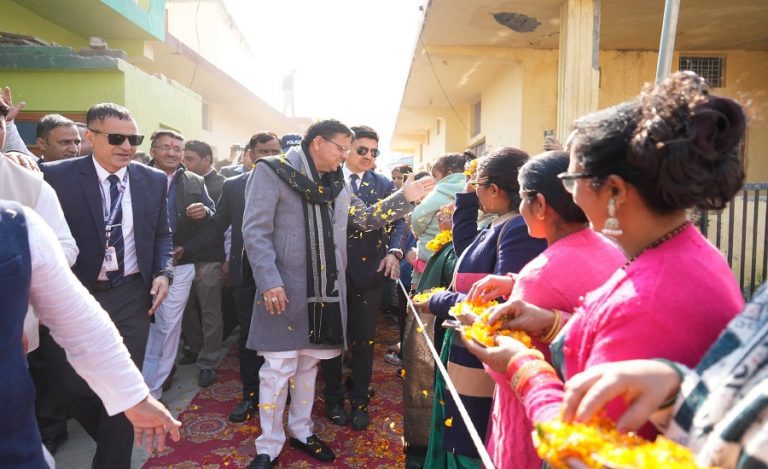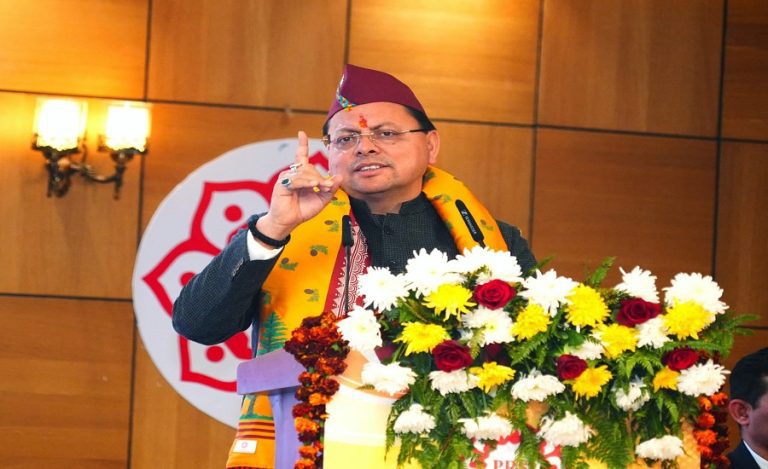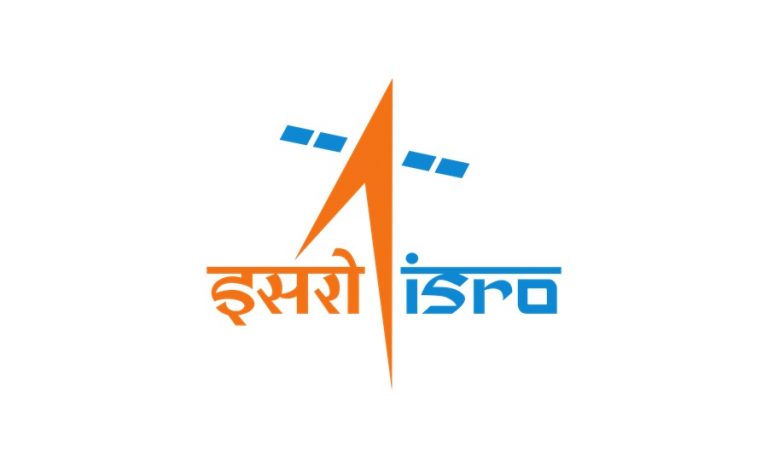Mumbai: In a significant stride towards indigenisation in India’s nuclear energy sector, Nuclear Power Corporation of India Limited (NPCIL) and the Bhabha Atomic Research Centre (BARC) jointly inaugurated the nation’s first-ever private sector test facility for the upgradation of depleted heavy water. The facility has been commissioned by TEMA India Ltd, marking a historic achievement in public-private collaboration for nuclear infrastructure.
A New Milestone in Nuclear Technology
The facility was formally inaugurated by Mr. Rajesh V, Director – Technical, NPCIL, and Mr. K. T. Shenoy, Director, Chemical Engineering Group, BARC. It represents a major shift from traditional dependency on state-run infrastructure to private sector participation in critical nuclear testing and development.
Built under technology transfer from BARC and supported by a Purchase Order from NPCIL, the facility falls under the nuclear vertical of TEMA India Ltd—a private firm with a growing presence in high-precision engineered components for India’s energy sector.
Driving the Atma-Nirbhar Bharat Mission
Until now, all critical heavy water distillation testing infrastructure was housed exclusively within BARC. With the establishment of this new facility, the private sector now plays a direct role in building and testing nuclear-grade components—an achievement that aligns closely with the Atmanirbhar Bharat (self-reliant India) initiative championed by Prime Minister Narendra Modi.
This initiative significantly reduces India’s dependence on imported testing infrastructure, paving the way for a resilient, domestically sustained nuclear supply chain.
Unveiling of Key Reactor Components
As part of the inauguration, officials also showcased the first validated consignment of eight Distillation Column sections, equipped with activated phosphor bronze modules. These precision-engineered components are crucial for Pressurized Heavy Water Reactors (PHWRs), forming the backbone of India’s civilian nuclear power program.
These modules, after undergoing extensive in-house performance testing, are now ready for deployment in major ongoing nuclear power projects:
- RAPP Unit 8 (Rajasthan Atomic Power Project)
- GHAVP Units 1–4 (Gorakhpur Haryana Anu Vidyut Pariyojana)
- KAIGA Units 5 & 6 (Kaiga Generating Station)
Strengthening India’s Strategic Capabilities
This milestone underscores the growing ability of Indian firms to design, manufacture, and validate nuclear-grade components within national borders. By fostering private participation, the country is advancing toward greater self-reliance in strategic, high-tech sectors.
The development strengthens India’s nuclear supply chain, improves domestic capability, and enhances long-term energy security. It also signals a future where Indian companies can become global players in the manufacture of sophisticated nuclear components.
About BARC
The Bhabha Atomic Research Centre (BARC), headquartered in Mumbai, is India’s premier nuclear research institution under the Department of Atomic Energy (DAE). Established in 1954 by Dr. Homi Jehangir Bhabha, BARC spearheads multidisciplinary research and development in nuclear science, reactor engineering, and advanced technologies. Its innovations form the technological backbone of India’s civilian nuclear program and contribute significantly to national self-reliance across strategic sectors.
About NPCIL
Nuclear Power Corporation of India Limited (NPCIL) is a public sector enterprise under the administrative control of the Department of Atomic Energy (DAE). It is responsible for the design, construction, commissioning, and operation of nuclear power reactors in India. Established in 1987, NPCIL is a “Maharatna” Public Sector Undertaking (PSU). NPCIL is the sole entity responsible for the development of nuclear power in India, focusing on electricity generation from nuclear sources.




























